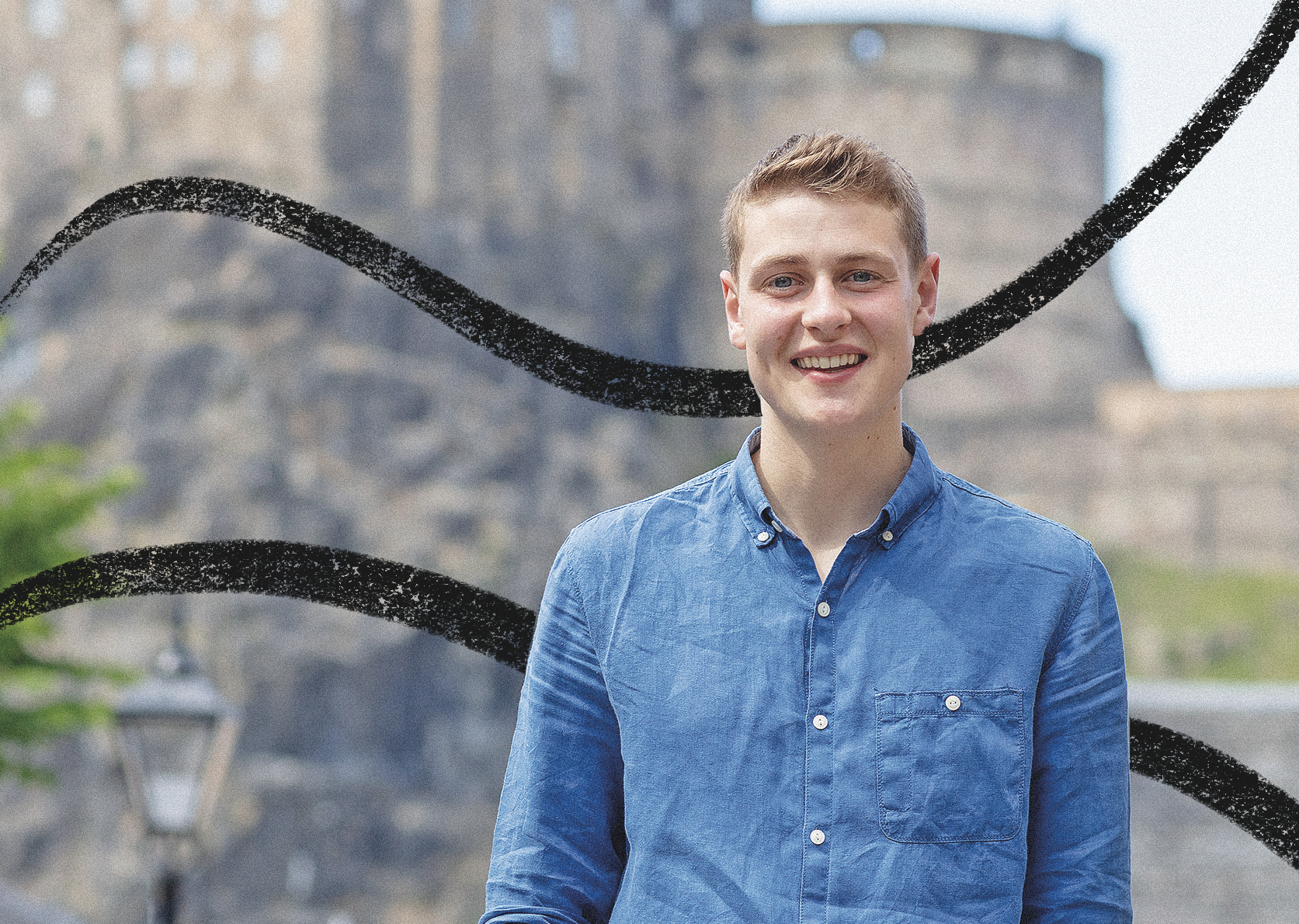
How to Win the Great British Bake Off
Peter Sawkins Sits Down to Discuss Framing, Faith, and Finding His Path
February 1, 2022
If, like me, you’re a hardcore fan of The Great British Bake Off, I already know a few things about you.
You probably know the difference between a Swiss meringue and an Italian one.
You've more than likely shed a tear—openly wept, even—at the disasters, departures, triumphs, and trifles of the show’s contestants.
You understand that properly-made choux pastry should fall off the spatula in a ‘V’ shape.
You know that the ‘Hollywood Handshake’ is basically BS… but it’s still cool to get one…
And without a doubt you grasp that you should never, ever, ever stir a caramel-in-progress—unless you want to suffer the unbearable public shame and psychic agony of the dreaded crystallization.
If you are a fan like that—like me—you know exactly who Peter Sawkins is.
If you’re not a Bake Off fan (due to your intolerance of gluten, lactose, or heart-warming British reality baking competition shows) here’s why you should:
A little over a year ago, Peter Sawkins underwent a head-spinning, earth-shaking personal transition when, at the age of 20, he became the youngest-ever winner of The Great British Bake Off.
The moment the University of Edinburgh accounting student, sportsman, and home baker was awarded the title, instant fame dropped into his lap.
Peter was transformed overnight into a full-fledged culinary businessman—TV star, media darling, baking icon, and instant worldwide social media celebrity. On top of that, he got a deal to write a cookbook—and he had just four months to write it.
Four months. While doing a full-time university semester, heading his school’s competition badminton team, taking on new media opportunities, remaining actively connected to friends and family, and using his social media presence to lend his hearty support to several of his favorite charities.
Oh, yes—and he ran a marathon, too.
I wanted to know how he could possibly have weathered the intensity of the last year and managed to accomplish all of that—without crashing, burning out, collapsing the metaphorical joconde sponge that is his life, or at the very least losing his taste for buttercream frosting forever.
When I sat down to talk to Peter about this, what I found was a remarkably calm and humble guy. He was forthright when it came to talking about issues like mental health, the role of faith and reflection in his life, and his deep sense of duty. And he was refreshingly honest about how he strives to positively frame the challenges of planning his days and shaping the rest of his life.
Looking back on his last year, Peter told me that he felt like he was prepared to take all those challenges on, but it hasn’t been <ahem> a piece of cake.
Let’s see how he did it.
Peter introduces himself.
My name is Peter Sawkins. I’m a 21-year-old accounting student at The University of Edinburgh, and a keen competitive badminton player. I’m also a passionate amateur baker—I started out baking when I was 5.
In late 2020, I won The Great British Bake Off, and as a result of that, baking has essentially become my job. My first cookbook, Peter Bakes, was published this past fall.
I keep a notebook to track my daily tasks.
When it comes to how I keep myself organized, I’m a pretty analog kind of person. I keep two paper notebooks: a daily task notebook, and a wee red one for things that inspire me.
My daily task notebook is where I write down the things I need to do on any given day. I scribble them down on the page, and then I can just work through the list and score things off as I complete them. And if I don't get through them that day, that's fine—I'll write them into the next day.
I keep daily tasks in the front of the book. At the back, I write down the bigger stuff—things that take a bit longer. It might be a book idea, or a reminder to do my tax return, or topic ideas for the dissertation I have to write next year.
I wrote a note to myself at the start of the notebook which reminds me how to use it. The note says,
‘I’m not precious, I’m not for show. I do not need to be kept neat and tidy. My job is to take all the jumbled mess of thoughts from your mind so it can be clear and function well.
This book is not filled with tasks you have to do, it’s filled with tasks you get to do.’
It’s basically just a wee reminder to myself to enjoy what I’m doing, and that whatever this notebook is filled with should be fun and exciting, too.
I have a special notebook for the purpose of reflection.
The other notebook that I carry around with me is a little red one, and it’s all about reflection.
I find tremendous value in simply taking ten minutes out of my day to think and reflect. I want to be sure to consider how the things I do fit into my values, motivations, and desires. Simply doing that reaps incredible benefits for the future.
I take time to stop and write down helpful new ideas that occur to me or that I come across. If I hear something that inspires and motivates me, in a podcast, say, or at a church service on Sunday, I write it down here. I’m always on the lookout for ideas that give me new ways of framing how I think.
Reflection comes when I consciously take the time to absorb these new ideas. It also comes through taking time with prayer at the end of each day, and through chatting with my family and friends and flatmates.
When I don’t take the time for reflection, I lose clarity, and I can see the quality of my work decline. My general happiness and sense of contentedness suffer, too.
How I try to deal with stress.
The biggest struggle in my life is that the times when I get overly busy and stretched too thin are exactly when I tend to put reflection at the bottom of my list. The paradox is that those are the times when I need it the most. But when I’m really stuck in the weeds, it’ll start to feel like those ten minutes I’d normally use for reflection are so valuable that I should be doing something else with them.
Here’s how I try to think about those times now.
When I was 14 or 15, I went through a period of quite severe anxiety that I ended up being treated for. Working through that with professionals gave me a lot of skills and techniques for dealing with anxiety. Here’s the basic approach I learned:
1. Separate thoughts, feelings, and actions into smaller chunks so you can assess how they are impacting you, and make them more manageable to tackle.
2. Consciously attempt to alter some of those negative thoughts, feelings, or actions to limit their impact on you.
3. Reflect on what impact these changes have had, and then
4. Continue this cycle of recognition, conscious alteration, and reflection so your automatic responses are more positive and support your health.
Since the age of 16, I’ve never fallen to a low anywhere near that dark period. I’m very motivated now to put in the time for self-care—if I find myself slacking in terms of taking care of myself and really considering what I’m doing, I’ll remember that I never want to get back to where I was.
Of course, simply baking a cake can also be great for taking away stress, in addition to other physical activities like playing badminton, doing a gym session, or going for a run. Combining these physical things with self-care on an emotional level is the key to keeping things in balance for me.
I try to frame events in my life so they motivate and inspire me.
How we frame events in our life can have a huge impact on how we think and feel. There are very few events in my life that I can’t turn into something motivational or inspiring just by changing the way I look at them. There’s great power in this.
Framing works best for me when I can draw concrete positives from a situation. Sometimes, of course, you need to sit in bad news or disappointment—you can’t instantly try to solve your problems. But for me, the very act of trying to frame things positively makes my thought process itself more positive and results in a more optimistic automatic response.
For me that is a good thing: I am more resilient and effective against challenging situations when I come from a place of positive and motivated energy.
That note in the front of my notebook is a good example of how I do this: I frame my lists of daily jobs as things that I get to do, rather than have to do. That lets me be more excited by these things. I can see that each task will take me further on my journey to where I want to be—rather than just being boring, mundane activities I have to grind through.
With positive framing, I suppose you can run the risk of being somewhat of a Pollyanna at times. However, it is possible both to feel terrible about something, and be motivated to make the best of the situation.
That’s a challenge I faced in framing how I approach my social media presence.
How I frame the ways I use social media.
Social media has become part of my job, and it provides part of my revenue. But there are so many well-known issues with it, and I feel conflicted by that.
On social media, your goal is to grab people’s attention for a matter of seconds. For me, though, the quality and meaningfulness of that kind of engagement is always going to be a lot less than what I find in more concrete things, like appearing on Bake Off or getting my cookbook out there.
Lately, I’ve been trying to frame my social media presence as ‘a platform from which I can do other things’.
For one thing, social media made it possible for me to get my book deal. I already had quite a number of followers online, and that created a really positive and fruitful group for a publisher to engage with.
Social media is also something I draw inspiration from. I get loads of ideas from bakers and pastry chefs around the world. In turn, by staying active on social media, I get to share my interests, while at the same time showing myself off a bit. That might give me the opportunity to do the valuable pieces of work—in TV, or print media, for example—that I want to do in the future.
I try to put out content that I myself would enjoy engaging with, and that I hope is interesting and fun in general. I hope that people will have a wee smile on for the three seconds that they look at it. My main goal is to make sure that I'm just spreading a little bit of positivity, and maybe I can have a chance to do some good things for the charities I try to support.
Here’s another piece of framing I rely on: at the end of the day, I’m sharing cake. That’s what I try to stay focused on!
I used framing to avoid impostor syndrome when I wrote my cookbook.
Recipes aside, the biggest challenge I faced in writing my cookbook, Peter Bakes, was a case of impostor syndrome. It was a question of authority—who was I to be writing a cookbook, anyway? How could I possibly be qualified to present authoritative methods for how to bake?
I asked for advice from a couple of people who I find quite inspirational. One was Andrew Rea, who has a super-successful YouTube cooking channel called Binging with Babish. He has no professional cookery training, but he now writes books about it. The other was Bobby Seagull, a teacher who went on a TV quiz-show called University Challenge here in the UK. He’s become a celebrity educator who has written maths books—though he's not a pure mathematician himself.
They helped me see that my dilemma (like so much in my life) could be a question of framing. Here’s how I ended up framing the cookbook writing process:
In Peter Bakes, I'm not declaring that my way is the be-all and end-all of how to bake. What I am saying is, ‘This is the baking style of Peter Sawkins—how I bake and how I get success in the kitchen—and this is what I truly love about baking.’
That really helped me to write from a place of not being scared. I could actually just write about my passion, and share that passion with people at home.
Faith has a vitally important place in my life.
For me, my faith is extremely important. It’s the basis upon which I base my values, which I strive to live out in my life. It’s a journey of figuring out how to use all of the gifts, talents, and privilege I’ve been given for good purposes.
I don’t believe that you must have a strong faith or a faith-based structure in your life to do this—most people still try to find ways to model their values in their life. It’s just not necessarily coming from the same place as I do, and that’s perfectly fine.
Part of my daily expression of my faith includes prayers of thanksgiving. I try to recognize the wonderful things in my life—I’m surrounded by good people, and I get to do a job that I enjoy—and express my gratitude for them. I find that really useful for helping me set the scene for how I live and focus on the positives of it.
I love hearing from other people about their own beliefs and experiences. For one thing, it’s really interesting, and it’s a great way to get to know them better.
It’s really important that we try our best to understand each other and get along. At the end of the day, I do believe that most people have fairly similar ideals, and similar views of how they want to see the world. Most of us want to be happy and healthy and see each other thrive in life. It’s just that we come at it from slightly different perspectives and starting points.
I always try to be conscious and thoughtful about what my duty is.
Before I take on a new job or role, I think it’s quite key to consider why I'm doing it, and I sit down to thoroughly consider what my duty is.
For example, I was the University of Edinburgh badminton club treasurer. When I was going into that job, I stopped to think, ‘Right, what's my function here? What’s my purpose?’ My answer was that it was to manage the resources of the club so that we could give members the most benefit from their money, and also to ensure sustainable development of the club.
I did the same thing before I went onto Bake Off: I sat down and made a list of what I saw as my duties. Looking back, I think I based those off the fact that I knew the show was going to be broadcast to ten million people in the UK alone, and countless more in America.
I came up with four duties: bring joy, have fun, be kind, and try my best.
The show is about baking, but it’s also about personality. The duties I listed for myself were just very broad guidelines for me to be the person that I want to be. Hopefully, in my life, I'm trying to live out these characteristics every day. But I felt it was really important to try to model them out on the show in particular, because I knew how many people I’d be reaching through it.
When I look back on Bake Off, obviously I was very nervous, and I was a little bit silly sometimes. But the best feedback I got was from friends and family who said how lovely it was seeing me on the show—they said it was just like they were seeing me, only on TV.
If that’s true, I think that means that I came across as a true reflection of myself, and I feel like I succeeded in what I set out to do!
I’ve had to make some hard decisions in order to keep balance in my life.
The last year has been all about learning to forgive myself and just let some things go. I think it’s important for people to know that if things don’t go right, that’s all right.
Since I won Bake Off, I’ve gotten to do so many amazing things. But I have to say that it's been fairly challenging for me as well. I think that’s something I don’t share enough of.
I got my book deal in February of 2021, and I had to have the manuscript written within four months. That happened in the middle of my university semester, which is a full-time job on its own. Add in serving as president of the university badminton club and COVID lockdowns, and I started to burn out.
I pride myself on being on time and getting things done on schedule. But this year, my grades started slipping. I had to get extensions for university deadlines. I even completely forgot to bake a cake I’d committed to make—which I felt terrible about.
I realized that going on like that was unsustainable for me, so I proactively took the decision to fall back to being a part-time university student. I’m planning to do my final year of university over two years, so I’ll graduate in 2023. That way, I can continue to explore the opportunities that arise on my baking journey, while at the same time studying for my professional accounting exams in my spare time.
My grades are back up because I'm putting in the time and focus and energy that I need into my studies. At the same time, I’m able to fully engage in my sports and other outside activities—I just have a more balanced life that is so much more sustainable for me.
And the cakes are getting baked on time!
A Book Recommendation
I’ve gotten so much out of a book called Factfulness: Ten Reasons We’re Wrong About the World—And Why Things are Better Than You Think, by the Swedish physician and academic Hans Rosling. He had an inspiring way of making data and numbers come to life.
I think it’s quite common to look at the world and think, ‘Everything’s terrible! It's all going disastrously’, which turns me off, or scares me, or both. But Factfulness is all about positive framing. It lays out reasons why we can look forward positively.
It’s basically an argument as to why the world is actually doing so much better than most people think. In the news, we see all the awful things that are going on in the world, but actually there are loads and loads of really good things happening, and lots of really promising trends and developments in so many different areas.
Personally, I’m really attracted to this kind of positive framing. Viewing the world from a perspective of what’s actually working, and the amazing and wonderful things that are going on—that’s what inspires and motivates me.
Find Out What
Comes Next in Tech.
Start your free trial.
New ideas to help you build the future—in your inbox, every day. Trusted by over 75,000 readers.
SubscribeAlready have an account? Sign in
What's included?
-
Unlimited access to our daily essays by Dan Shipper, Evan Armstrong, and a roster of the best tech writers on the internet
-
Full access to an archive of hundreds of in-depth articles
-
-
Priority access and subscriber-only discounts to courses, events, and more
-
Ad-free experience
-
Access to our Discord community
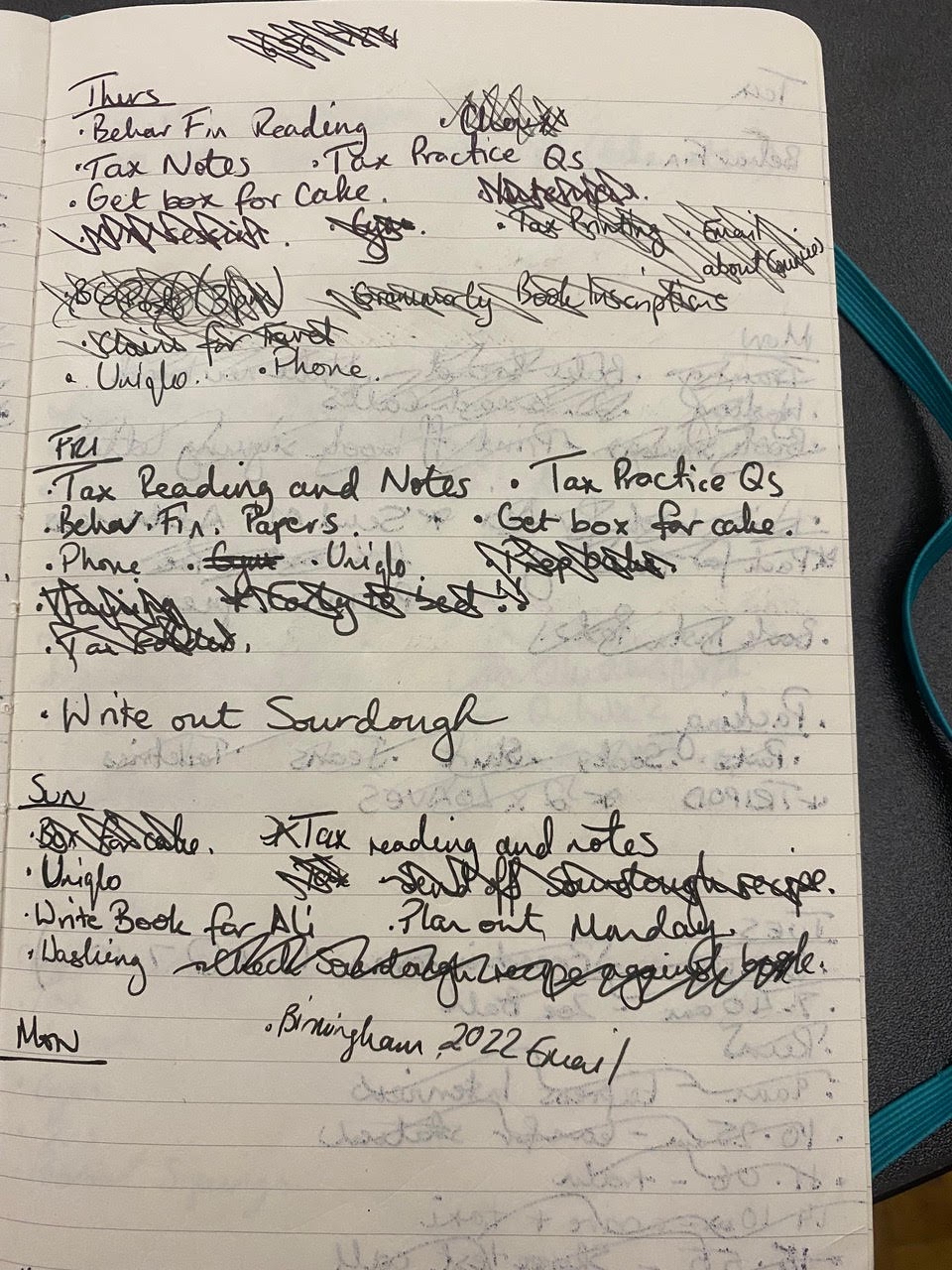
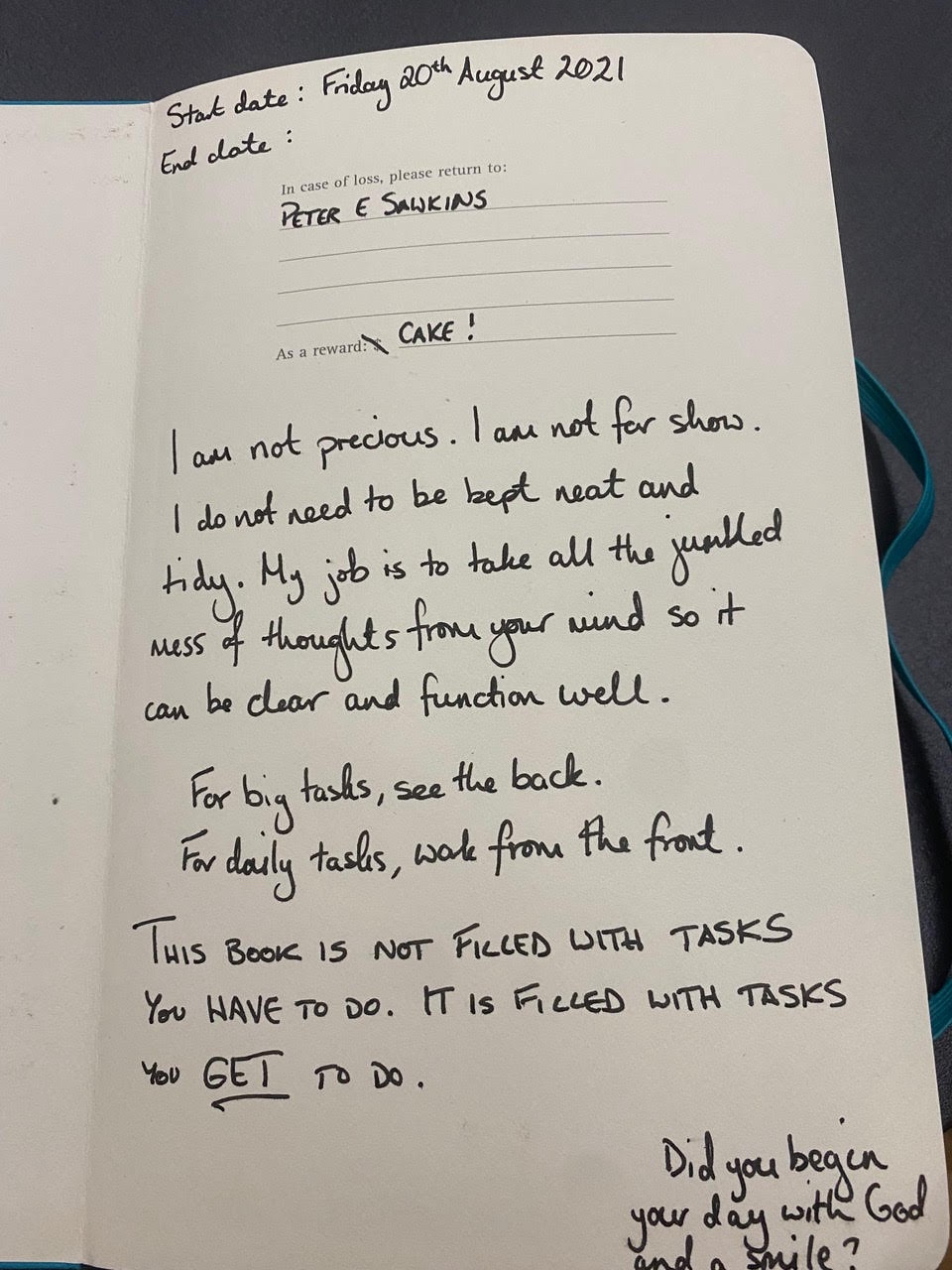
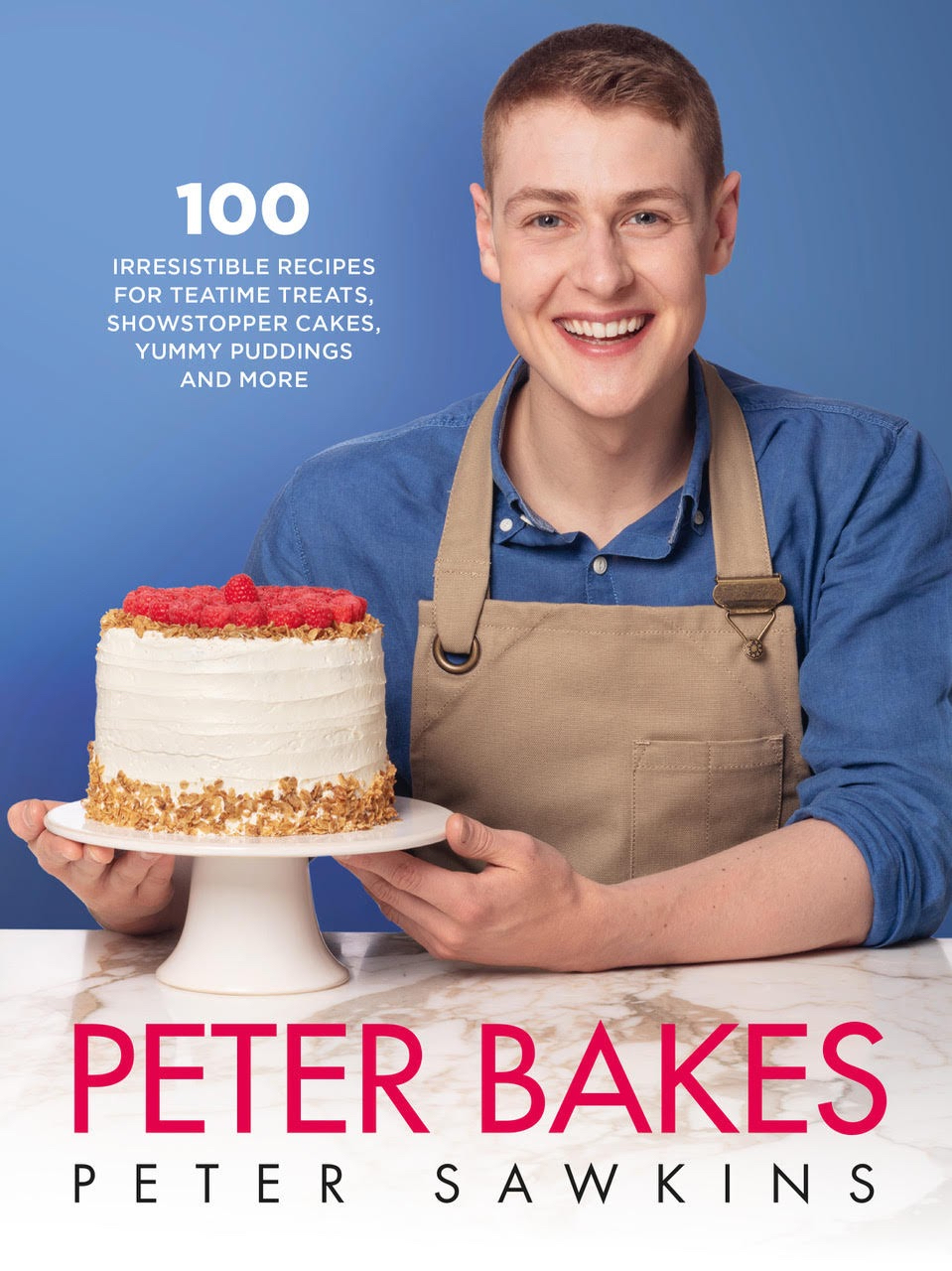
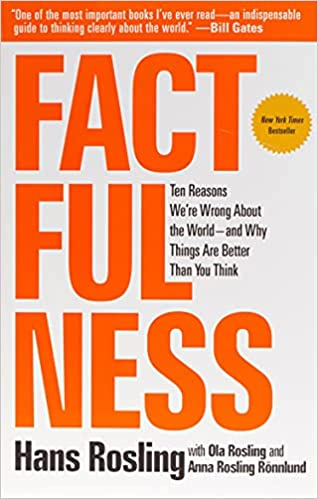
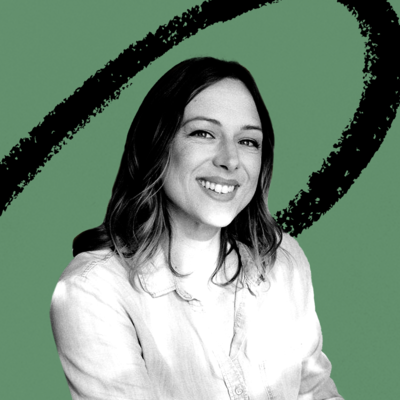
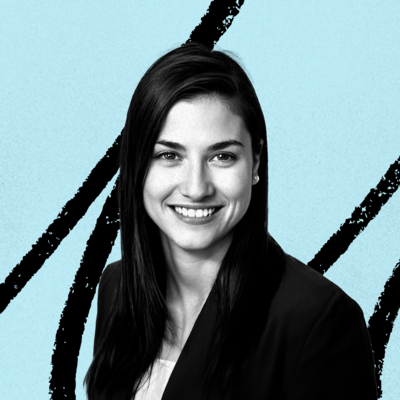
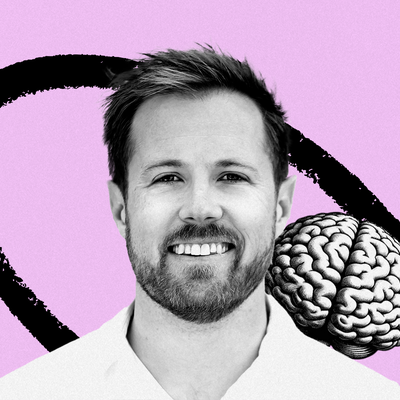
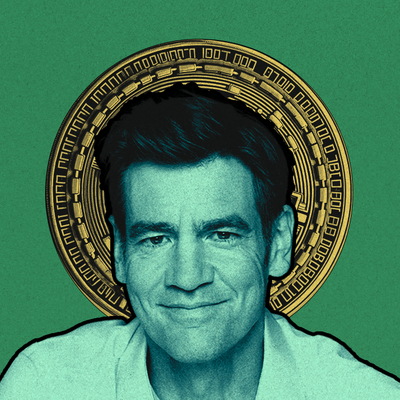
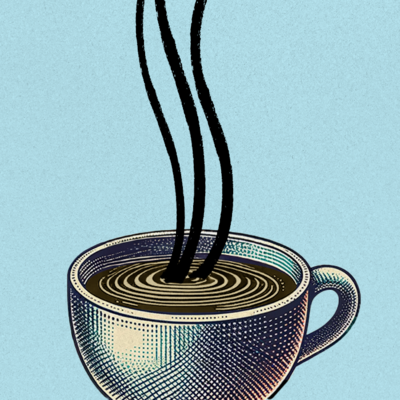
Comments
Don't have an account? Sign up!